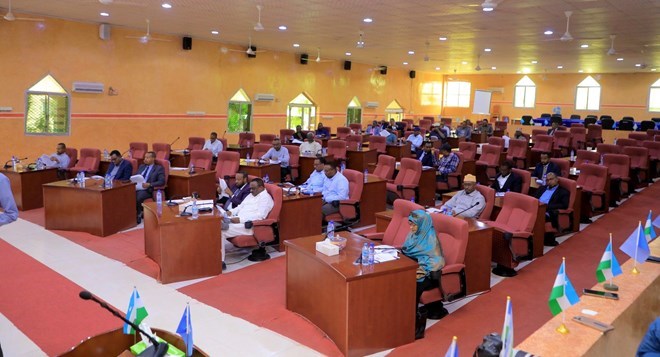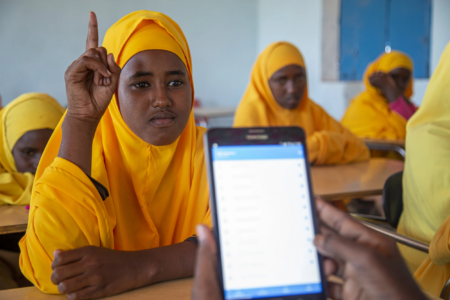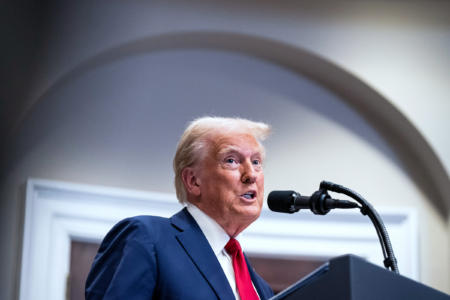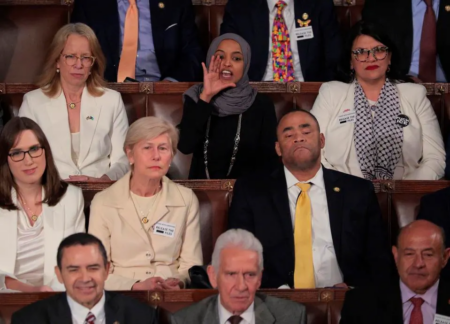Puntland emerged in May 1998, following the collapse of Somalia’s central government, as a federal regional state—creating an autonomous but non-secessionist status within Somalia’s federal government.
Its constitution, adopted in April 2012, reaffirmed Puntland as a Somali Federal Member State, delegating key federal responsibilities such as defense and foreign policy to Mogadishu.
Despite its non-secessionist status, Puntland has frequently clashed with Mogadishu over constitutional reforms.
Clashes Over Territory
In March 2024, Puntland formally withdrew recognition of the federal government in response to disputed amendments to Somalia’s provisional constitution, citing exclusion from the process and violations of the 2012 Garowe Principles.
Clashes over territory, especially in Sanaag and SSC-Khatumo, have increased since October 2023 when the federal government recognized SSC-Khatumo as an interim administration—territory Puntland historically administers.
Puntland strongly opposes this unilateral recognition and sees it as unconstitutional encroachment upon its jurisdiction.
Puntland’s Democratic and Security Model
Puntland is considered a model of relative stability in Somalia.
It has progressed from clan-based rule towards democratic governance, implementing the One Person, One Vote system in local elections by 2021—a first in Somali federal states.
The region has fought both Al-Shabaab and ISIS, and maintained some order through local reconciliation efforts .
Yet internally, critics highlight entrenched clan patronage and misuse of the 4.5 clan-voting formula, which undermines political inclusivity and entrenches elite dominance in the region.
Federal Interventions
Puntland’s regional parliament recently passed a strongly worded resolution accusing Somalia’s federal government of deliberately inciting political and tribal conflict in volatile regions such as Gedo, Sanaag, and Haylaan.
The resolution labels federal interventions—especially in Gedo—as “an illegal invasion” that threatens national unity and risks broader instability.
Recent Clashes in Gedo and Haylaan
The resolution came in response to the latest outbreak of violence in Beled-Hawo, Gedo.
Where federal troops under the command of intelligence chief Abdirashid Janan clashed repeatedly with forces aligned to Jubbaland over ten days.
Puntland lawmakers warned that Mogadishu must halt its operations in the SSC territories or risk worsening tensions among the SSC communities and across Puntland’s northeastern regions.
Deadly Conflict
Simultaneously, in Dhahar District, Sanaag (Haylaan region), Puntland’s Interior Minister Abdi Farah Said (Juxa) accused the federal government of using militias to provoke deadly conflict.
Alleging the misuse of international aid to undermine regional stability.
Several fatalities were reported in clashes between Puntland forces and local militias in early July 2025, triggering displacement and local unrest.
Implications and Calls for Unity
The latest Puntland resolution calls on federal member states.
Especially Galmudug and Hirshabelle—to collaborate with Mogadishu to address insecurity.
Lawmakers underscored the risks of political divisions and fragmentation that Al-Shabaab could exploit unless a unified security strategy is adopted.
Puntland also appealed to the international community for intelligence and security support, aiming to strengthen both federal and regional institutions in confronting extremist threats and preserving peace.
Deeply Rooted Mistrust
Puntland’s accusations mark a significant escalation in its long-standing tense relationship with Somalia’s federal government.
The historical grievances—centered on constitutional integrity, territorial jurisdiction, and regional autonomy—underscore deeply rooted mistrust.
Without inclusive dialogue and adherence to agreed principles, Somalia’s fragile federal system may face renewed instability.








